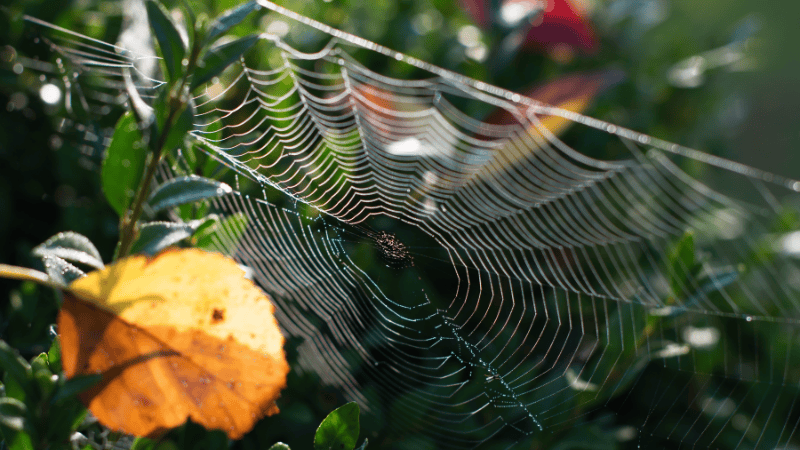The Dangers of Mice and Rats in your Home

While we all may love the Disney figures Mickey and Minnie Mouse and may even enjoy taking our kids to Chuck E. Cheese, we certainly do NOT want to encounter a mouse or a rat in our own homes. If you are like most people you are squeamish about seeing one of these little critters and may find yourself screaming for assistance on top of a chair or table if you spot one. This may frighten the mouse or rat away it does not take away the dangers that accompany these pesky rodents. This week we are looking at the dangers of mice and rats in your home. Once you understand the problems that are associated you may find yourself doing a lot more than just screaming Mouse!While you may find the occasional mouse or even a rat a nuisance, it is critical to realize how dangerous this could be to you and your family. What dangers do the pose to humans?
Did You Know, Mice Transmit Parasites?
Mice and rats can carry a number of diseases, some of which are potentially deadly to humans, like Hantavirus, Listeria, Rat-Bite Fever, Salmonellosis and Bubonic Plague. When mice leave behind these viruses in the home, and you then become exposed, your family could suffer from difficulty breathing and other respiratory problems due to contamination of the environment.
Mice Contribute to Allergies
According to a study done by the State of Florida Pest Control Unit, mice and rats can also play a large role in contributing to dangerous allergies. A national study detected mouse urine in levels that could trigger allergies in 35% of homes. When mice infest your home, it's hard to tell where they urinate or leave their droppings as they're so small and sometimes unidentifiable. Trace amounts of allergens or higher were found in 82% of homes. Mouse droppings can become a huge allergy issue. There are as many people allergic to mouse droppings as there are to mold and dust. Exposure to mouse allergen is a known cause of asthma in children and adults.
Damage to Your Home
These critters eat or chew through just about anything including: insulation, wall boards, cardboard, even wood. Some are especially fond of electrical wiring and that can lead to real danger. Exposed wires resulting from mice are believed to cause 25% of U.S. house fires.
Lyme Disease
Mice are the main source of blood meals for deer tick nymphs. If mice are in or around your home, the chances of deer ticks also being found around your home is highly probable. A bite from a deer tick can cause Lyme disease if it is not caught within the first 72 hours.You may mistakenly believe that if you do not see a mouse or other rodent that you do not have a problem. If you see dropping or chewed wood, furniture or other signs - seek the advice of one of our experts who are trained to locate areas of rodent activity and potential rodent entry points. We can come up with a plan to eradicate your rodent problem before any of these dangers become a reality.



